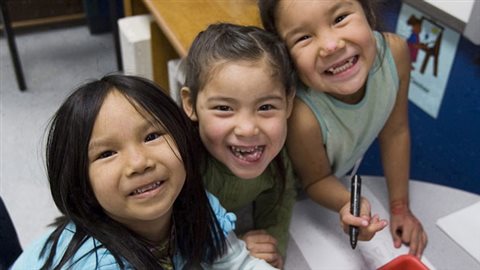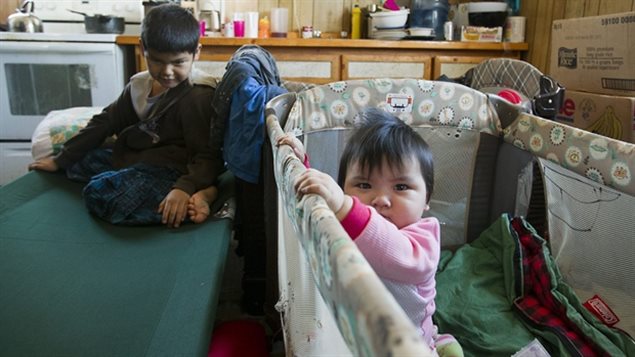Recently several major medical organizations in Canada joined together under the auspices of the Royal College of Physicians and Surgeons of Canada to create an open letter to Canadian politicians. It offers 15 recommendations for politicians to guide health policy decisions especially relating to children and early childhood development
Haemologist, Dr Andrew Padmos (BA, MD, FRCPC, FACP) is the C.E.O of the Royal College of Physicians and Surgeons of Canada based in the national capital, Ottawa.
Listen

Dr Padmos says while Canada has a health care system that compares well with other developed countries, there are gaps.
This is especially at the margins of society in low-income families, aboriginal communities, those with disabilities, and recent immigrants.
He says the idea of the letter was to guide improvements in the health system so that services available to the majority, are made equally available to the minorities on the margins, and that these marginalized communities are have better access to information regarding health care, especially pre and post-natal and during a child’s early years.
Dr Padmos says while the College does investigate medical issues, it is somewhat unusual for them to address an open letter to all political parties in an election year. The medical professional who worked on the letter included input from the Royal College itself, College of Family Physicians of Canada, the Canadian Medical Association, the Canadian Paediatric Society, the Canadian Association of Paediatric Health Centres, the Paediatric Chairs of Canada, the Society of Obstetricians and Gynaecologists of Canada, and the Human Early Learning Partnership.
Open letter and recommendations
The reason for such a letter they say, is due to the importance of early childhood development and how a better start, physically, mentally, and emotionally, means a much better chance at a healthier and more successful life later.
They say these actions will yield benefits throughout life that are worth many times the original investment.

The groups also point out that science shows that investing early in children, and the families and communities around them, is more cost-effective than trying to correct the illnesses and lost productivity that arise later.
Issues raised include increased awareness and education for primary caregivers in terms of pre and post-natal health issues and early childhood develment and early learning. Still others deal with increased funding for physician monitoring in early childhood, especially for marginalized groups. Some of the recommendations deal with societal issues and factors which indirectly affect health, like adequate housing, and dealing with child poverty, and literacy

Dr Padmos says in some cases the recommendations need not create additional costs to government, rather is could incite various levels federal provincial and regional, to coordinate a number of existing services in order to create greater accessibility and promote greater awareness of health issues.
He says that with the number of scope of the various health agencies behind the recommendations, there is a good chance that in this election year, the next government of whichever party, may adjust priorities to act upon some or all of the recommendations.







For reasons beyond our control, and for an undetermined period of time, our comment section is now closed. However, our social networks remain open to your contributions.